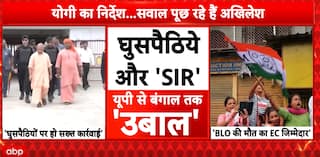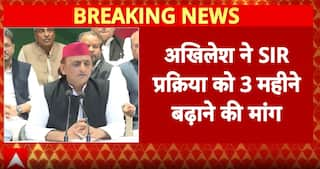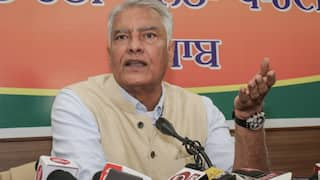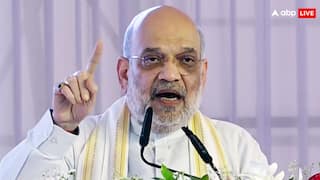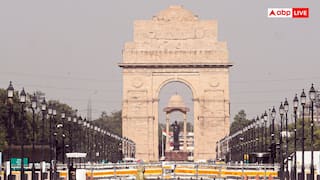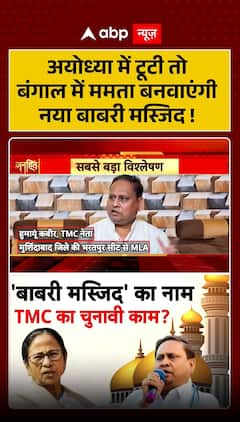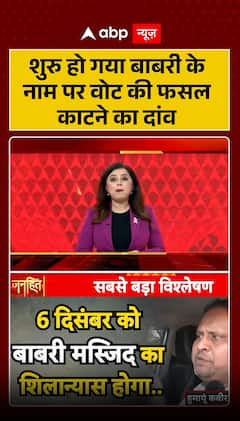How Long-Term Capital Gains Are Taxed On Ancestral Property? Explained
Ancestral properties are distinct from self-acquired properties in that they are passed down through generations rather than purchased by the current owner

If you have inherited a property from your forefathers and want to understand its taxation, this information is for you. Properties inherited from your father, grandfather, and great-grandfather are considered ancestral properties, though there are exceptions. The Income Tax (I-T) Act provides various rules and regulations regarding the tax on the sale of ancestral property.
Definition of Ancestral Property
Ancestral property is any property inherited from one of the three immediate paternal ancestors — father, grandfather, or great-grandfather. However, properties inherited from individuals outside this list are not considered ancestral according to the Income Tax Act of 1961. Similarly, properties inherited from maternal ancestors do not qualify as ancestral property.
Prior to 2005, only male members could inherit ancestral property. However, the 2005 amendment to the Act grants females equal rights to inherit ancestral property.
Distinction between Ancestral and Self-Acquired Properties
Ancestral properties are distinct from self-acquired properties in that they are passed down through generations rather than purchased by the current owner. These properties often have multiple owners and were typically acquired decades ago at prices significantly lower than their current market value.
Tax Implications of Selling Ancestral Property
Ankit Jain, a partner at Ved Jain & Associates, clarified the taxation process for inherited properties. He noted that when a property is transferred through inheritance, no tax is levied on the transfer itself. The cost of acquisition for the current owner is considered to be the original purchase price paid by the initial owner.
"One of the key features of ancestral properties is their substantial appreciation in value over time. For example, a property purchased for Rs 1 lakh decades ago may now be worth over Rs 10 crores. This appreciation means that capital gains on such properties can be considerable, often approaching the current market value," he said.
Removal of indexation benefits: Its Impacts
With recent changes to the tax code, the removal of indexation benefits means that owners of ancestral properties must pay capital gains tax on the entire gain without adjustments for inflation. However, there is a provision for some relief. According to Jain, the government allows owners to use the fair market value of the property as of April 1, 2001 as the cost of acquisition instead of the original purchase price.
Jain cited an example on how to calculate capital gains. "Consider the case of Ravi, who inherited a property from his grandfather, originally purchased in 1970 for Rs 1 lakh. Ravi plans to sell the property for Rs 10 crores. Since the property was inherited, the original cost of acquisition in Ravi's hands would be Rs 1 lakh. However, Ravi can choose to use the fair market value as of April 1, 2001, which might be Rs 1 crore, as the base for calculating capital gains. Under this scenario, Ravi's taxable capital gain would be Rs 9 crores (Rs 10 crores - Rs 1 crore) instead of Rs 9.99 crores (Rs 10 crores - Rs 1 lakh), thus providing significant tax savings," he explained.
If someone sells his ancestral property by July 22, 2024 he will enjoy the benefit of inflated indexed cost of acquisition on a base of 100 with fair market value (FMV) of such property as on 01-04-2001, according to CA Shashwat Singhal, proprietor at Shashwat Singhal and Co.
Singhal said, "Such property may have been purchased by its ancestors before 2001, say 1942 even then FMV as on 01-04-2001 shall be considered as his cost of acquisition. Such cost will be valued on a scale of Rs 100/- and inflated cost (to keep in line with the increasing prices of wholesale price index) shall be taken as 3.63."
Assuming that the rate of property has increased exponentially in the past 10 years, this decreased rate of taxation shall definitely result in lowering of tax burden on sale of ancestral property, he said while citing an example. "If an ancestral property has been sold for Rs 10 crore today which was acquired in 1964 for Rs 15,000 FMV as on 01-04-2001 was Rs 50 lakh."
The table below illustrates the savings:
|
|
Before Amendment (Rs) |
After Amendment (Rs) |
|
Sales Price |
10,00,00,000 |
10,00,00,000 |
|
Cost of Acquisition |
50,00,000 |
50,00,000 |
|
FMV as on 01.04.2001 or actual cost of acquisition with inflated indexed cost |
50,00,000 * 3.63 = 1,81,50,000 |
50,00,000 |
|
Long Term Capital Gains |
8,18,50,000 |
9,50,00,000 |
|
Long Term Capital Gains Tax |
1,63,70,000 |
1,18,75,000 |
|
Surcharge @ 15% |
24,55,500 |
17,81,250 |
|
Cess @ 4% |
7,53,020 |
5,46,250 |
|
Total Tax Liability |
1,95,78,520 |
1,42,02,500 |
Singhal, however, pointed out some issues in the process. "Since the government has withdrawn the cost inflation index, it is in contradiction to its own rationalisation of the introduction of the cost inflation index of 1993. Further if this rate of 12.5 per cent is increased in following years this differential will get reversed because of the double effect of withdrawal of indexation and increase in the rate of LTCG tax. This will surely be detrimental to Assessee and will fill the coffers of the government," he added.
The need of the hour was to revise the cost inflation index proportionately from 100 to at least 2000 for the current year and reduce the Long Term Capital Gain Tax to 10 per cent, Singhal suggested.














